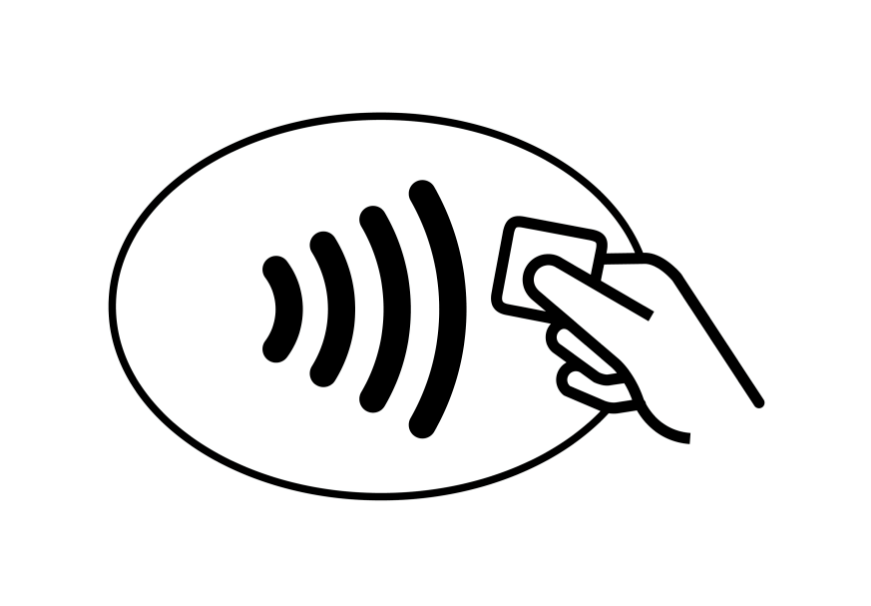At the recent Times Colonist Book Sale I was a volunteer cashier. As part of my greeting, I would say to people pulling out their credit cards and debit cards: you can tap if you’d like.
A surprisingly large number of people declined, saying they did not trust tapping: “I don’t like to do that.” “I don’t trust tapping.” “I turned off tapping because I don’t like it.”
The tap-rejecters tended to be older. The tap-embracers tended to be younger.
The main objection to tapping seemed to be something along the lines of, I don’t like the notion of just tapping this card and having money disappear from my account — I prefer the added security of entering a PIN.
It’s supposed to work like this, if you have a tap-enabled card. For low-cost purchases, typically under $100, you can tap your card on a card reader, and within seconds the transaction is completed. There is no need to enter your PIN. If your card is stolen and the thief goes on a tapping spree, your bank will reimburse you. You will occasionally be asked to enter your PIN after you tap, as a sort of random security check
One book sale customer, after rejecting my tap invitation, told the story of how her tap-enabled debit card had been stolen. Hundreds of dollars were quickly drained from her account through illicit tapping at a series of stores. Her bank told her it could take several weeks to reimburse the money. She burst into tears and told the bank that she didn’t have access to any other money; the bank sped things up, and she was reimbursed within a few days. When she got her new card, she made sure the tap function was turned off.
Tapping definitely has its dangers, especially if it’s a debit card directly connected to your bank account, versus a credit card, where someone else’s money is in play.
Payment processors estimate that about a quarter of card transactions in Canada are made through tap, and it’s growing.
But plenty of places in Victoria still don’t offer a tap option, because of inertia and because changing to tappable card readers costs money. The place where I get my hair cut doesn’t tap. The supermarket where I often shop doesn’t either. And the place where I buy takeout sushi has a prominent sign stuck next to their card readers that says: “No tap” in big red letters. I asked the cashier if they put the signs up because a lot of people asked about tapping. No, she said. It was because so many people just went ahead and tapped, assuming that it would work.
A possible solution to the security worry might be something like Apple Pay, which is beginning to roll out in Canada. American Express already offers it; Royal Bank and CIBC started their version this month, and all the major banks should have it within months.
Instead of tapping a card, you use a recent-era iPhone that has your credit or debit card identity (as opposed to number) stored on it. For the transaction to be approved, you have to put an appropriate finger on the iPhone’s fingerprint scanner, or enter a passcode. Your credit card number is not transmitted to the merchant; instead, there’s a code that represents your card number. Apple says it doesn’t store details of Apple Pay transactions; it doesn’t know where you shop or what you’re buying.
So, instead of a slim, lightweight piece of plastic that is issued at no cost or minimal cost, you need something that costs several hundred dollars, weighs 143 grams instead of 6 grams, and can shatter if you drop it. That’s progress, and I might embrace it.
How-to tips from iphoneincanada.ca
Apple’s explanation of Apple Pay
Payment processor Moneris has diagrams
- - -
Email me at [email protected]
- - -
- - -
Most-popular posts:
Favourite meals at Victoria restaurants
Former con artist's advice: Don't use debit card to buy things
What you could do if you miss the last ferry back to Victoria
How to ride Vancouver transit with a Compass card
Eight years of riding an electric-assist bicycle almost every day
Why newer dishwashers run for an alarmingly long time
Most credit cards charge 2.5% for currency conversion; a few charge 0%
Why paying $720 for a phone can be a better deal than a 2-year contract
Tips to make applying for a passport a little easier
Do you know your Gulf Islands? Here's help memorizing 14 (of 200)
How to line up at busy Greater Victoria restaurants
To stay cool, leave house windows closed or open?
How to block unwanted text messages
Why B.C. Hydro bills sting more on Vancouver Island
How to pronounce Ucluelet, Tsawwassen, and that outdoor gear place
How to travel between Victoria and Vancouver on public transit
- - -



